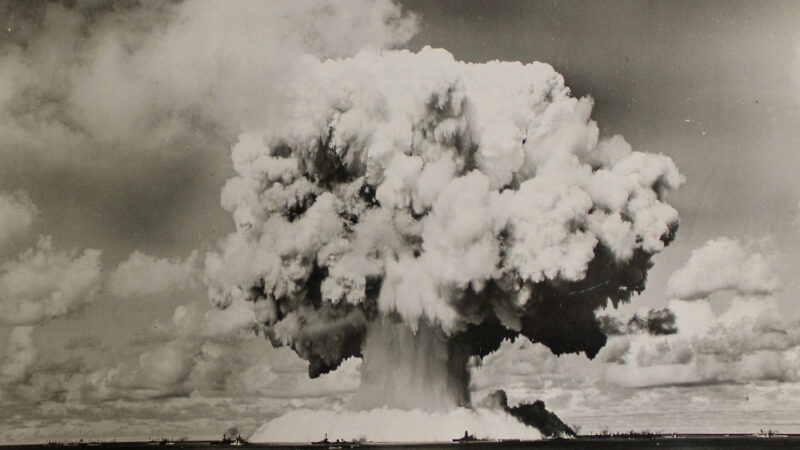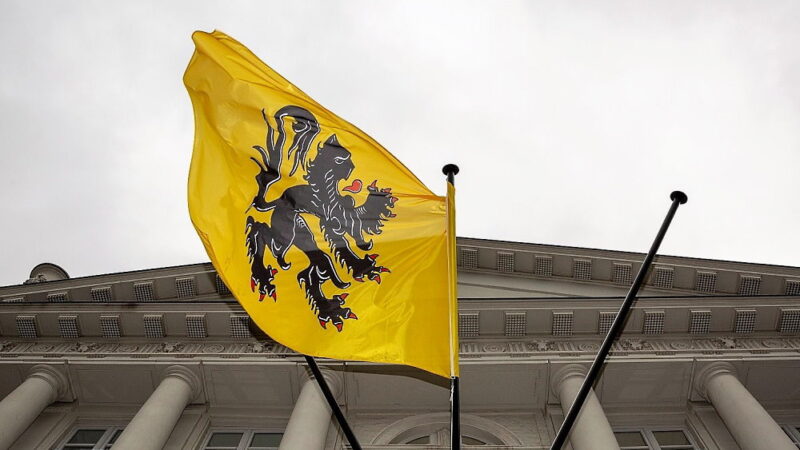Hiroshima Day honors the memory of the victims of the atomic bombing that occurred on August 6, 1945. Hiroshima became the first city in history to suffer from a nuclear weapon, leading to tens of thousands of deaths and massive destruction in an instant.
History
The United States made a strategic decision to drop an atomic bomb on Hiroshima in order to hasten the end of World War II. The explosion killed about 39% of the city’s residents and destroyed around 69% of its buildings. Just three days later, a second bomb was dropped on Nagasaki. Only after this second attack did Japan agree to surrender, bringing the war to an end.
The long-term effects of the bombings were severe, with radiation-related illnesses affecting survivors and their descendants. Rebuilding Hiroshima took more than two decades.
Interesting Facts
- Many involved in the bombing later said they were “just following orders,” raising global discussions about personal responsibility in wartime.
- Hiroshima was rebuilt over 20 years and became a symbol of peace and resilience.
- The effects of radiation exposure have been passed on through generations.
How to Take Part
Watch documentaries or read survivor testimonies to better understand the scale and human cost of the event. Films and books on Hiroshima offer a powerful way to reflect on the tragedy.
Join a peace rally or attend a local memorial service. In many cities around the world, events are held to promote anti-nuclear awareness. If you have children, take the opportunity to talk to them about the importance of peace and compassion.
When is Hiroshima Day in 2025?
Hiroshima Day is observed on August 6 each year.
Observations
| Weekday | Month | Day | Year |
| Wednesday | August | 6 | 2025 |
| Thursday | August | 6 | 2026 |
| Friday | August | 6 | 2027 |
| Sunday | August | 6 | 2028 |
| Monday | August | 6 | 2029 |




